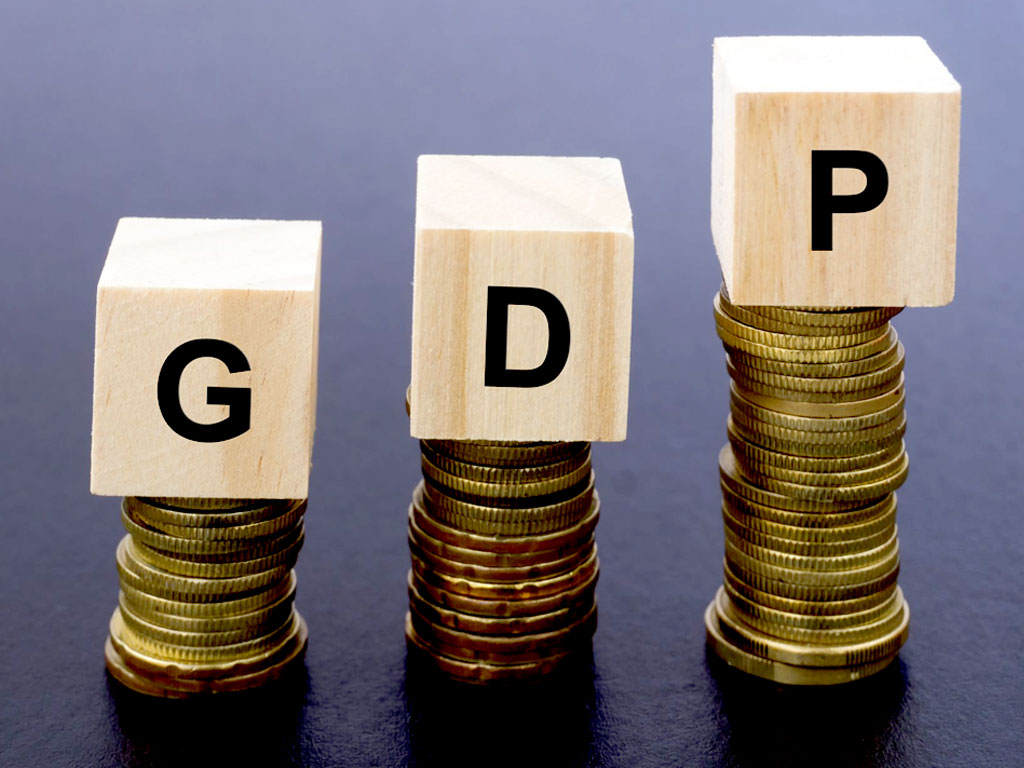Passing the buck by multilaterals

The Asian Development Bank's (ADB) Asian Development Outlook 2019 projects inflation in Pakistan at 7.5 percent, Gross Domestic Product (GDP) growth at 3.9 percent with "macroeconomic challenges continuing despite steps to tighten fiscal and monetary policies to rein in unsustainable twin deficits." The International Monetary Fund (IMF) website, which requires updating, projects a growth rate of 4 percent, and inflation of 7.5 percent while the State Bank of Pakistan's (SBP's) second quarterly recently released report projected a growth rate of between 3.5 to 4 percent (a wide margin for any central bank to project reflecting lack of capacity) and Consumer Price Index of between 6.5 to 7.5 percent (again a wide margin).
The Fund which is without doubt carefully looking at Pakistan's data as a prelude to formalizing a bailout package, at terms and conditions that would be dictated by the lender and not the borrower, wisely did not make any forecast or assessment of the economy. Instead the newly appointed mission leader Ramirez-Rigo visited the country from 26 to 27 March to hold introductory meetings with Pakistan authorities and a press release stated that "discussions focused on recent economic developments and prospects for Pakistan in the context of ongoing discussions toward an IMF-supported program."
The assessment by the ADB is not only dated but is clearly a duplication of effort which must be at a cost to the institution claiming reduction of poverty as its over-arching goal - an objective that necessitates ensuring a steadily rising dollar assistance disbursement relative to institutional costs associated with that delivery; additionally multilaterals have been engaged in rationalization and harmonization policies for decades that dictate that there must be no duplication of effort and that a lead role be played by the institution with the most experience in a particular field. The IMF clearly takes the lead in assessing the state of the economy and this is especially so at a time when a member country is engaged in negotiating a bailout package from the Fund as is the case with Pakistan. In other words, ADB may not be privy to vital information that is currently being shared with the IMF and this is irrespective of whether the PTI government finally decides to accept the conditionalities for the IMF bailout package or not.
Disturbingly, Pakistan has in recent years witnessed multilateral staff engaged in project or programme lending passing on the buck to Pakistani authorities for any project/programme design failures, delays that raise the costs of a project/programme and last but not least inadequate supervision. There are two obvious examples of this. First the previous IMF mission leader granted waivers under the Extended Fund Facility programme (September 2013-16) that laid the groundwork for a steady rising rupee over-valuation with a consequent negative impact on the trade balance, a rise in debt equity (which he publicly acknowledged was propping up the country's foreign exchange reserves) and, last but not least, focusing on raising revenue rather than on reforming the tax structure that accounts for the existing heavy reliance on withholding taxes for direct tax collections. Yes revenue did rise as a consequence, but at a further cost to the filers which in turn led to an ever more inequitable and unfair tax system. Dar focused on reducing the fiscal deficit, an IMF condition, but failed to take note of the rising current account deficit and by 2017 with elections scheduled for July 2018 the fiscal deficit too began to rise to unsustainable levels. There has been no acceptance of the mission leader's flawed decisions and policies with respect to the EFF though thankfully the mission leader was changed recently.
Second example relates to the Peshawar Bus Rapid Transit Corridor funded by ADB that has clearly floundered with design flaws as well as cost over-runs. ADB was clearly the lead in the project and lent 335 million dollars at market rate to Pakistan, European Investment Bank lent 75 million dollars and Agence Francaise de Developpment 175 million dollars.
Most tellingly, ADB acknowledged on its website that "all consultants will be recruited according to ADB's Guidelines on the Use of Consultants (2013, as amended from time to time). The terms of reference of the consultants for engineering design, procurement and construction management (EPCM) under the project design advance loan indicate that Phase 2 of the EPCM assignment will include construction supervision of the civil works in the ensuing loan." With such admissions for the ADB to lay the entire blame on the then Khyber Pakhtunkhwa government is nothing short of passing on the buck to save the career of highly paid international bureaucrats it employs.


















Comments
Comments are closed.